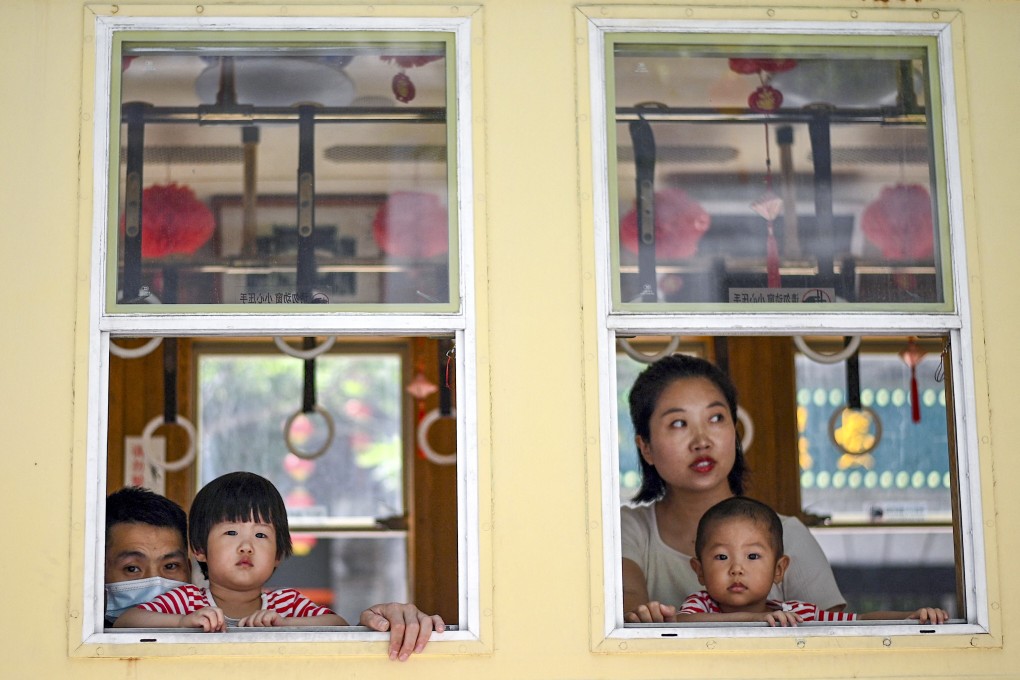Three-child policy: China should provide cheap homes to ease anxiety about financial burden of larger families, market observers say
- Country could provide homes at rates below market price, as in the case of ‘talent homes’, analyst says
- Tax incentives, easing limits on home purchases in major cities among other measures put forward

The country could see homes being made available to such families at rates below market price, as in the case of “talent homes”, said Yan Yuejin, director of Shanghai-based consultancy E-house China Research and Development Institute.
“Incentives that make homes cheaper and easier to come by for families with more children will definitely ease any anxiety among young couples about the financial burden of having a larger family,” he said.
The call for housing incentives is significant because a meeting of the Politburo of the Communist Party chaired by Chinese President Xi Jinping said on Monday that it would allow couples to have three children. The official Xinhua news agency reported that complementary measures that include housing support were also announced at the meeting, but did not provide specifics.

10:42
China 2020 census records slowest population growth in decades
“Buying a home is just too expensive and we cannot afford a bigger one for a second child,” said about 20 per cent of respondents. They also said they had no intention of having a second child. About 1,500 families across 179 Chinese cities were polled for the survey.